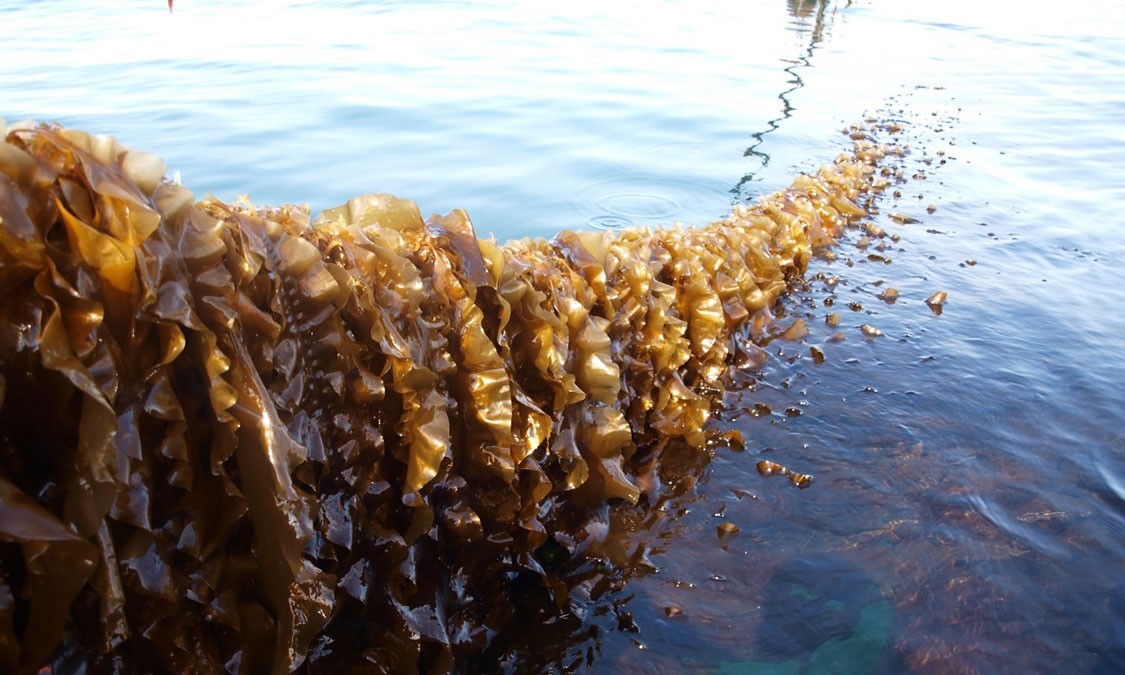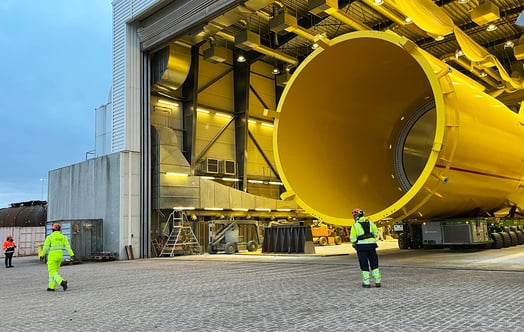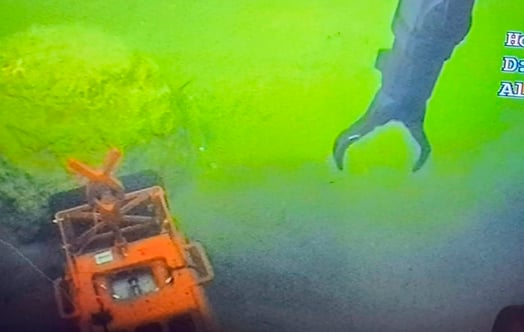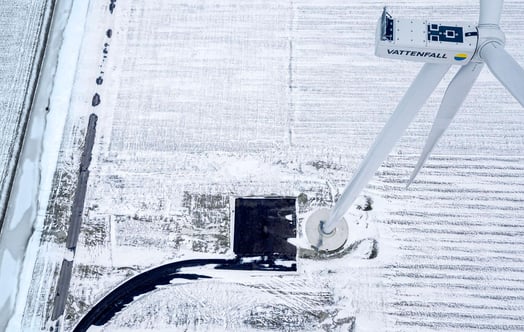2024 will be a year full of milestones in the WIN@sea project, in which Danish researchers are busy producing food under the surface of the sea in Scandinavia's largest offshore wind farm, Vattenfall’s Danish Kriegers Flak.
Green energy will not be the only thing in the spotlight over the coming year in Kriegers Flak, the Vattenfall offshore windfarm located in the Baltic Sea, east of Denmark. Teams will also be harvesting seaweed, setting lines for growing mussels and making an in-depth assessment of cod stocks in the area in and around Scandinavia’s largest offshore wind farm.
This is happening as part of the WIN@sea project, in which a number of Danish universities and companies are exploring how best to produce fossil-free energy and food in one and the same location and at the same time improve the marine environment and area biodiversity
“It’s going to be an exciting year for us. One of the big milestones will be our initial harvest of seaweed for food production from the offshore wind farm in late spring. We are working to produce both fossil-free energy and sustainable food from the sea in the same place whilst providing data for environmental monitoring at the. At the same time, we are documenting effects on the marine environment and biodiversity”, says WIN@sea Senior Researcher & Project Leader Annette Bruhn from the Department of Ecoscience, Aarhus University.
Untapped potential in offshore wind farms
While production of seaweed and mussels shall take place in the areas between the wind turbines, there is also a particular focus on the areas surrounding the turbine foundations on the seabed. Rocks are placed on the seabed to protect the turbine foundations and act as artificial stone reefs. The researchers from WIN@sea will be investigate what effects the man-made reefs have on the area's biodiversity, including the cod stocks. This way the artificial rock reefs enables the offshore wind farm to can be used for more than energy production.
"In Vattenfall we are working for fossil freedom, but not at the expense of biodiversity. That’s why we are working to find a way for our energy installations to be used for more than fossil-free energy generation alone. There is untapped potential in the areas between the offshore wind farms, and we are pleased to be learning so much about how we can activate these areas to help promote and preserve biodiversity”, says Bioscience Expert Tim Wilms from Vattenfall.
Once the first seaweed from Kriegers Flak is harvested in the spring, its quality as a foodstuff will undergo analysis. Afterwards, the seaweed will be used to make seaweed pasta and other foods at WIN@sea's family cooking school. This year there are also plans to set out lines for growing mussels, and after the summer holidays, a number of recreational fishermen and researchers will venture out to the offshore wind farm, where they will count, measure and weigh part of the cod stocks in the area of the wind farm.
Danish cooperation garnering international attention
WIN@sea is a collaborative project between Aarhus University, the Danish Technological University, the University of Copenhagen, the seaweed and mussel producer Kerteminde Seafarm, the Kattegat Centre and the energy company Vattenfall. That’s why 47 international researchers from more than seven different countries convened in Vattenfall’s Klintholm facilities on 9 January. There, researchers kicked off an eventful year for WIN@sea, taking a closer look at the project and activities at Kriegers Flak.
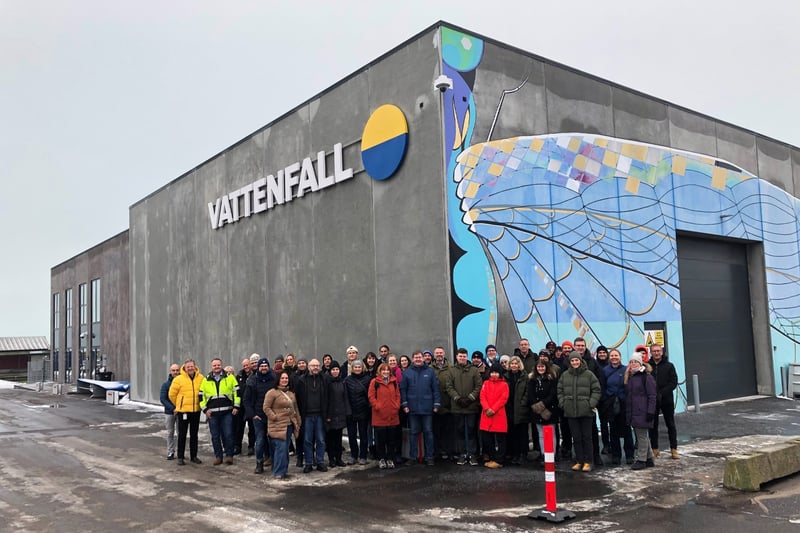
The project is supported by Velux fonden, Aage V. Jensen Naturfond and also through the EU's lighthouse project, OLAMUR.

